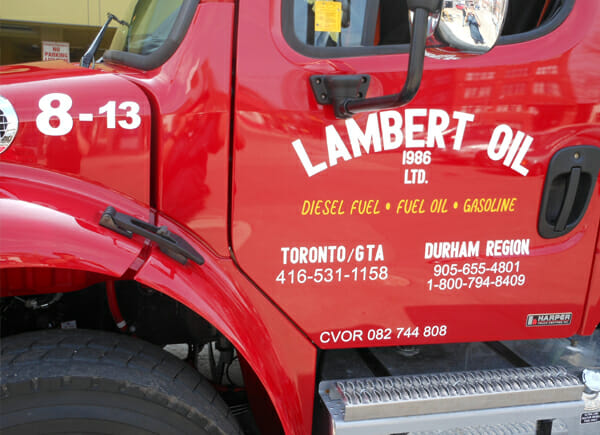
herbdavidguitarstudio
Music Brings Harmony To The WorldTop Tips for Choosing the Best Diesel Engine Oil for Your Needs
Thursday , 25, May 2023 Business and Management Comments Off on Top Tips for Choosing the Best Diesel Engine Oil for Your NeedsDiesel engines are widely used in various applications, ranging from heavy-duty trucks and buses to construction equipment and power generators. Like any other mechanical system, diesel engines require proper maintenance to operate efficiently and reliably. One critical aspect of diesel engine maintenance is choosing the right engine oil.
Know Your Engine's Requirements
The first step in selecting the best diesel engine oil is to know your engine's requirements. Each diesel engine has unique specifications that dictate the type of engine oil it needs.

Choose the Right Oil Additives
Oil additives are chemical compounds added to engine oil to enhance its performance and protect the engine from wear and tear. Some common oil additives include detergents, dispersants, anti-wear agents, and friction modifiers.
Consider Synthetic vs. Conventional Oil
- Another factor to consider when choosing diesel engine oil is whether to use synthetic or conventional oil. Synthetic oil is a man-made lubricant that offers several advantages over conventional oil, such as better resistance to thermal breakdown, improved fuel efficiency, and extended oil change intervals.
- However, synthetic oil can be more expensive than conventional oil and may not be necessary for all diesel engines. If you operate your engine in extreme conditions or require extended oil change intervals, synthetic oil may be a good choice.
Check for Industry Certifications
When choosing diesel engine oil, it's essential to look for industry certifications that indicate the oil's quality and performance. ACEA and OEM specifications indicate the performance requirements of engine oil for specific engine models and applications.
Conclusion
Choosing the best diesel engine oil for your needs requires careful consideration of your engine's requirements, operating conditions, oil additives, synthetic vs. conventional oil, and industry certifications.